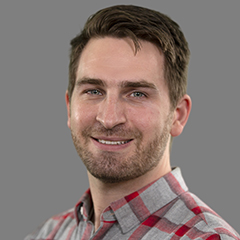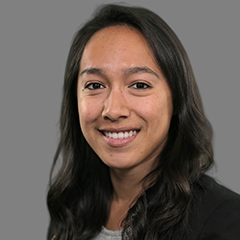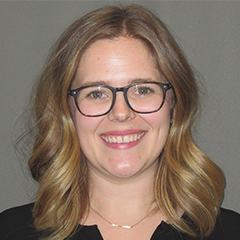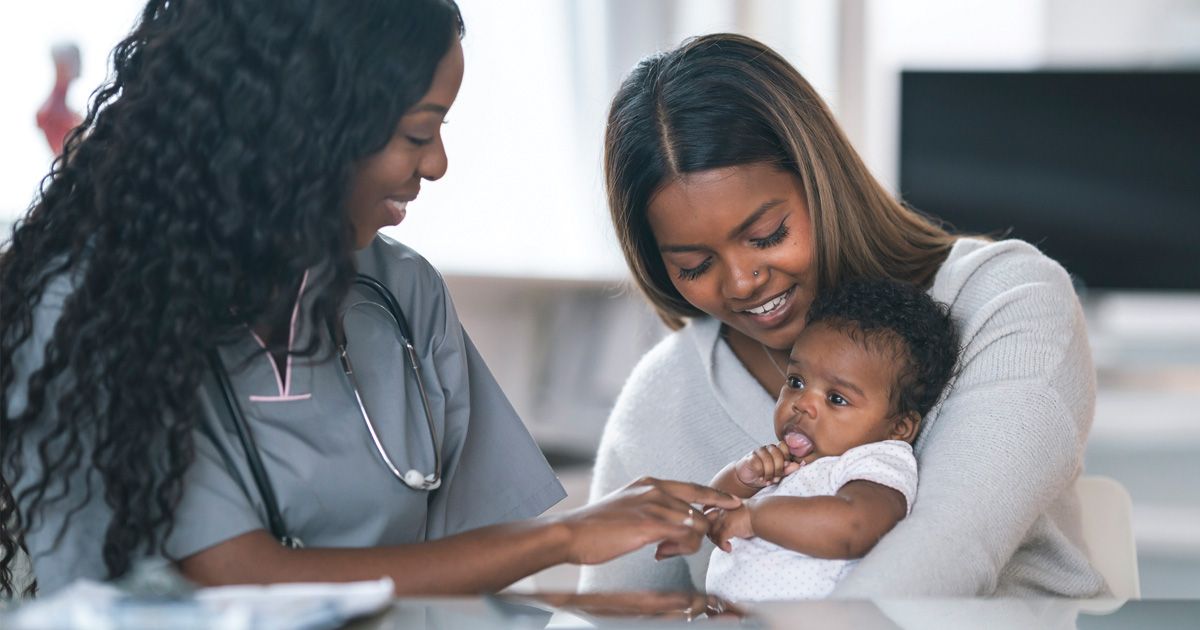Project Overview
To continue building the evidence base for fully integrated, intentional two-generation program models with adequate intensity and quality of services for both parents and their children.
Two-generation approaches that aim to support child development and improve family economic security hold promise for breaking cycles of intergenerational poverty. Next Steps for Rigorous Research on Two-Generation Approaches (NS2G) worked with a group of promising two-generation initiatives to strengthen their services and build capacity for future evaluations. NS2G expanded upon results from a literature review, national scan, and field work conducted during the previous project, Integrated Approaches to Supporting Child Development and Improving Family Economic Security.
- Northern Kentucky Scholar House at Brighton Center (Newport, Kentucky)
- Garrett County Community Action Committee (Oakland, Maryland)
- San Antonio Dual Gen (San Antonio, Texas)
- Valley Settlement (Carbondale, Colorado)
- Aroostook County Community Action Program (Presque Isle, Maine)
- Briya Public Charter School (Washington, DC)
- Center for Transforming Lives (Fort Worth, Texas)
- Chicago Commons (Chicago, Illinois)
- Jeremiah Project (various locations)
- Two-Gen Austin, including the United Way for Greater Austin, American YouthWorks, and St. Louise House (Austin, Texas)
U.S. Department of Health and Human Services, Administration for Children and Families, Office of Planning, Research, and Evaluation

To build capacity and evidence for two-generation approaches, NS2G:
- Conducted formative evaluations with four two-generation programs to develop two-generation logic models and identify and test strategies to improve the intentional alignment and coordination of their services using rapid-cycle learning.
- Facilitated a learning community to develop and strengthen the internal capacity of programs to conduct rigorous and meaningful evaluations.
- Developed and pilot-tested resources to help programs measure “mutual reinforcement,” the intentional coordination and alignment of efforts across partner organizations.
These activities were done in close collaboration with content, technical, and practical experts and the initiatives themselves., The resources developed are available to help inform policies, program administration, and future evaluations.
Evidence & Insights From This Project

Using Rapid Cycle Learning to Build Momentum for Change in Two-Generation Service Delivery
This brief describes how practitioners of two-generation initiatives can use a structured rapid cycle learning process to implement, test, and refine strategies to intentionally align services for caregivers and their children.
Learn MoreDefining a Two-Generation Logic Model
Related Staff
Efficiency Meets Impact.
That's Progress Together.
To solve their most pressing challenges, organizations turn to Mathematica for deeply integrated expertise. We bring together subject matter and policy experts, data scientists, methodologists, and technologists who work across topics and sectors to help our partners design, improve, and scale evidence-based solutions.
Work With Us



